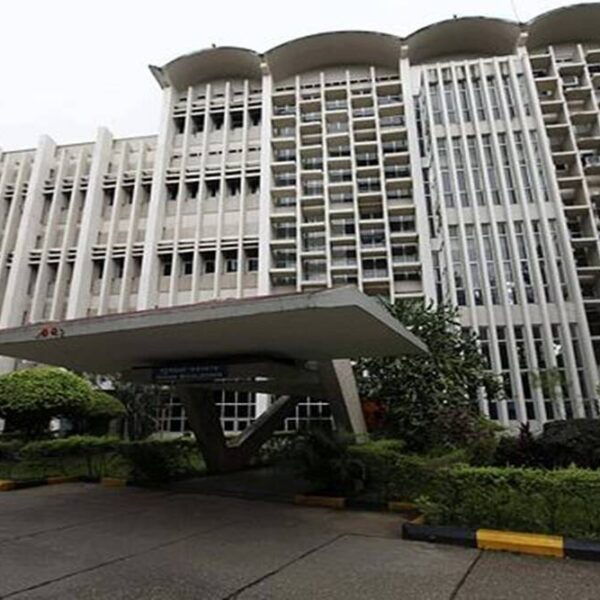In a remarkable feat, IIT Bombay attained a rank among the top 150 universities in the latest edition of QS World University Ranking.
IIT Bombay’s ranking at 149 marks the first time in eight years that an Indian university has made it to the top 150 list. The public technological institute moved up 23 positions from its position of 172 last year. Before this, the Indian Institute of Science (IISc) Bangalore had secured the 147th rank in 2016.
Ranks of other major Indian institutes: IIT Delhi ranked 174 in the 2023 QS rankings, rising from 197 last year, while IISc was at the 155th position. University of Delhi was ranked at 407.
Forty-five Indian universities appeared in the QS ranking this year, making India the seventh most represented country globally and the third in Asia, trailing only Japan (52 universities) and China (Mainland) (71 universities).
A look at global universities that made it to top 150: The Massachusetts Institute of Technology (MIT), University of Oxford, and University of Cambridge dominated the top three tanks in the 2024 QS rankings. Harvard University stood fourth, following by Stanford. London School of Economics (LSE) got the 45th rank, while Trinity College Dublin was positioned at 81.
What else stood out: The National University of Singapore (NUS) moved up three positions from rank 11 last year to become the first Asian university to climb into the top 10.
FYI: The QS World University Rankings are formulated by QS Quacquarelli Symonds, a UK-based ranking agency. For the 20th edition released this year, the agency considered 9 parameters: academic reputation, employer reputation, faculty student ratio, citations per faculty, international faculty ratio, international student ratio, international research network, employment outcomes, and sustainability.
FYI: The QS World University Rankings are formulated by QS Quacquarelli Symonds, a UK-based ranking agency. For the 20th edition released this year, the agency considered 9 parameters: academic reputation, employer reputation, faculty student ratio, citations per faculty, international faculty ratio, international student ratio, international research network, employment outcomes, and sustainability.

